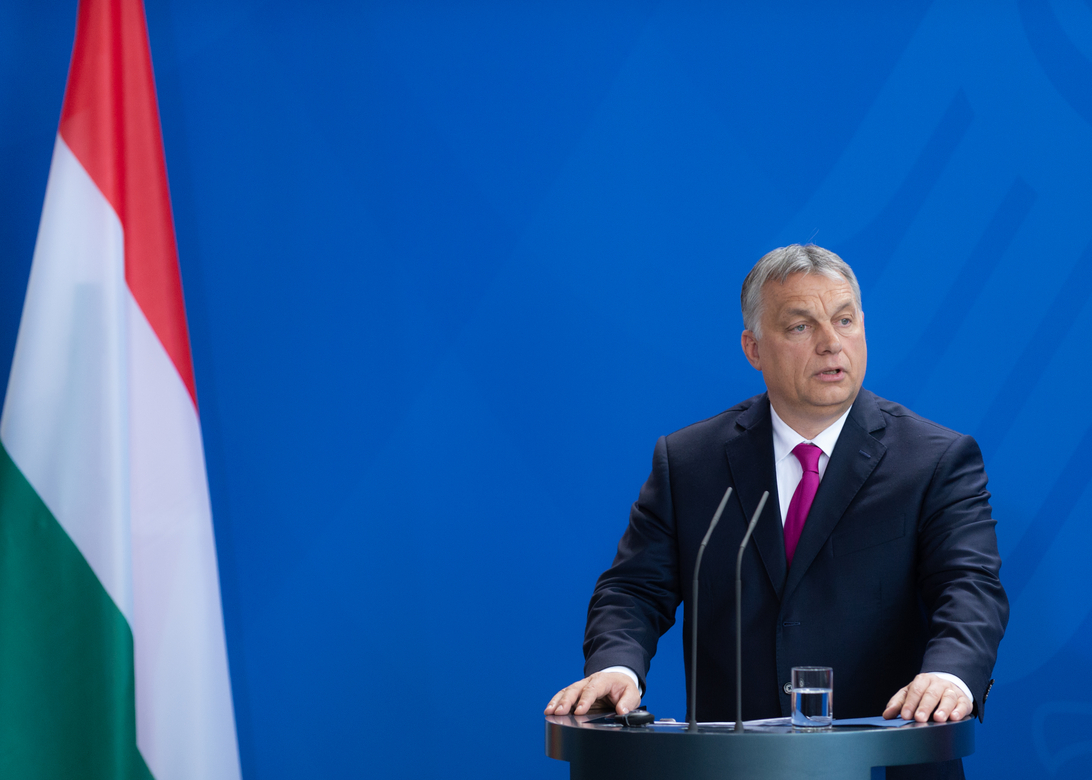The Orbán government declared a significant win following the European Parliament elections despite the Fidesz party experiencing its worst-ever performance since Hungary joined the EU. This paradoxical situation highlights the complex political landscape in Hungary, where Prime Minister Viktor Orbán’s dominance is increasingly being challenged.
Fidesz’s Performance and Decline
Fidesz, Hungary’s right-wing ruling party, secured 11 out of 21 EU delegates, achieving a 44% vote share. Spokesman Zoltán Kovács emphasized, “Never before have so many people, 2.015 million, voted for Fidesz-KDNP in an EP election.” Despite this, it was the party’s weakest showing in 20 years, dropping from 52% in the 2019 polls and losing two European Parliament seats.
The Rise of Péter Magyar
The emergence of Péter Magyar, a former insider in Orbán’s coalition, has significantly altered the political dynamics. Magyar’s new party, Respect and Freedom (TISZA), garnered nearly 30% of the vote, translating to seven EU delegates. Magyar declared, “Today marks the end of an era. This is the Waterloo of Orbán’s power factory, the beginning of the end.”
Magyar’s Movement and Message
Magyar’s campaign focused on a structural critique of Orbán’s system, condemning corruption, nepotism, and propaganda. He criticized the state of Hungary’s education and healthcare systems and vowed to establish a more constructive relationship with the EU. Addressing supporters, Magyar said his party’s performance was a “political landslide” that would usher in an era of “useful, fair, and, especially, honest” governance.
Analysis and Future Implications
Analyst András Bíró-Nagy remarked, “We are in unknown territory because previously it was not imaginable that a single political party could mount a serious challenge to Viktor Orbán.” The traditional opposition’s failure to effectively challenge Fidesz has paved the way for Magyar’s rise, reflecting widespread disillusionment with the established political system.
Economic and Political Pressures
Orbán’s government faces significant challenges, including economic struggles and EU sanctions. The EU has frozen over 20 billion euros in Hungary due to rule-of-law violations. Additionally, Orbán’s alignment with Russian President Vladimir Putin has further isolated him from EU and NATO allies. His anti-EU campaign and reliance on culturally divisive issues have not yielded the desired consolidation of Euroskeptic parties.
The European Parliament elections have revealed vulnerabilities in Orbán’s political dominance despite his party’s declared victory. Péter Magyar’s rise signifies a potential shift in Hungarian politics, challenging the autocratic system that has prevailed for over a decade. As Hungary navigates this new political landscape, the next national ballot in 2026 could be a decisive moment in its history.







